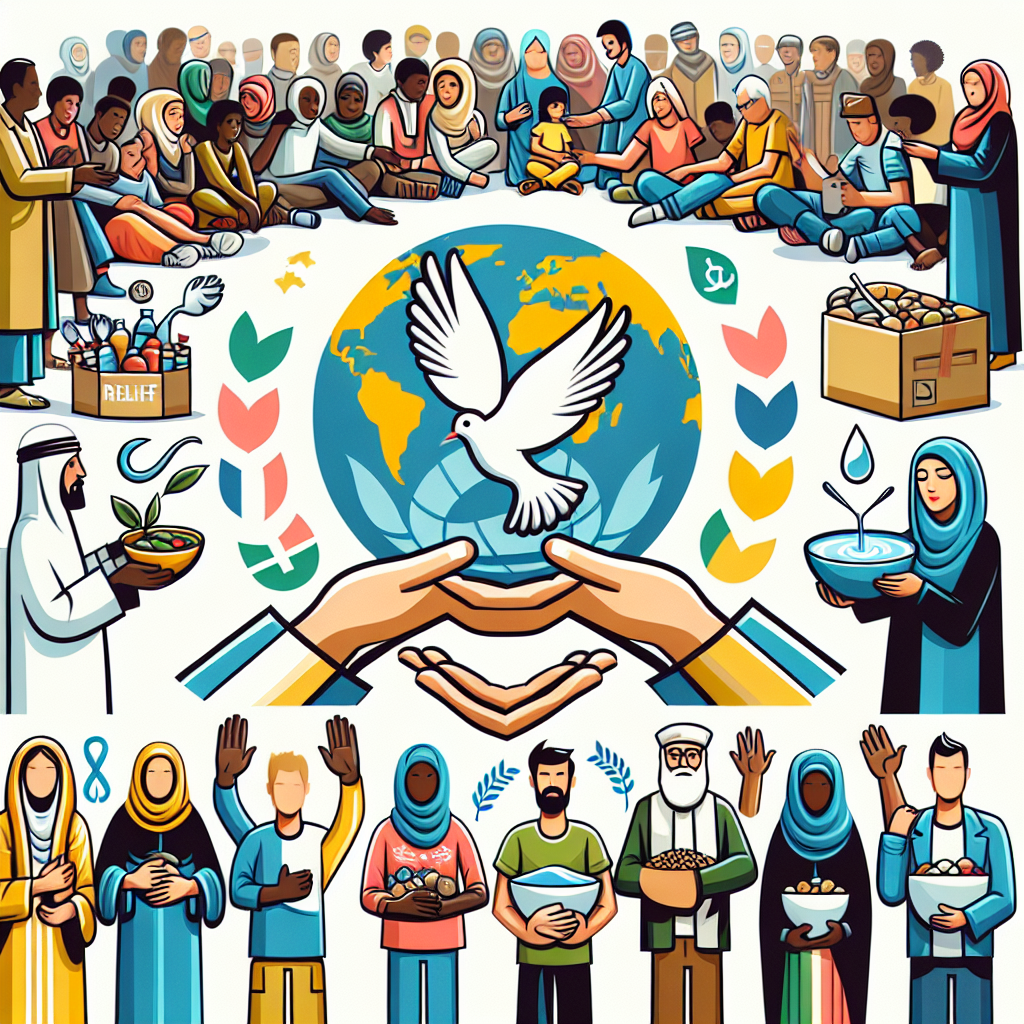UN Faces Dire Funding Gap as Nigeria's Hunger Crisis Worsens
The United Nations is grappling with severe funding shortages to address escalating food insecurity in northeast Nigeria. Despite a $306 million appeal, donations have fallen short, endangering millions amidst a 15-year insurgency and economic strain. Without urgent intervention, the situation could lead to catastrophic outcomes, especially for malnourished children.

The United Nations humanitarian agency is struggling to secure funding to combat severe food insecurity in Nigeria's insurgency-hit northeast, raising fears of mass hunger and deaths, its resident coordinator warned.
In April, the United Nations Office for the Coordination of Humanitarian Affairs (OCHA) launched a $306 million appeal alongside Nigeria on behalf of 2.8 million people in Borno, Adamawa and Yobe states, regions ravaged by a 15-year Islamist insurgency, during the lean season, a period of peak food scarcity. OCHA chief Mohamed Malick Fall told Reuters that, despite an initial $11 million commitment from Nigeria and another $11 million from the UN's central pool, the target remained far off due to reluctance among international donors.
"We are far from where we want to be. That is something we are confronted by even beyond the lean season which is that we have noticed that humanitarian assistance to Nigeria is shrinking," Fall said in an interview on Thursday. Fall anticipates receiving only $300 million in the best-case scenario, a significant drop from the $500 million secured last year. He attributed the decline to the economic impact of COVID-19 on major donors.
Competition from new global crises has also diverted attention and resources. "Gaza, Ukraine, and Sudan have all emerged in the past two years which makes it difficult to maintain the same pace of funding," Fall said.
The situation is further exacerbated by Nigeria's worst cost-of-living crisis in a generation, with inflation exceeding 33% and food prices soaring above 40%. OCHA warns of "catastrophic" consequences of food insecurity in Nigeria's northeast without immediate intervention.
UNICEF data from April already shows more than 120,000 children admitted for treatment of severe acute malnutrition in the region, exceeding the entire year's target of around 90,000. "The cost of inaction has many folds with the most pressing being an excess mortality among children," Fall said.
(This story has not been edited by Devdiscourse staff and is auto-generated from a syndicated feed.)
ALSO READ
Israeli Military Implements Daily Tactical Pauses for Humanitarian Aid in Gaza
Israel military to conduct "tactical pause" in parts of southern Gaza Strip to deliver humanitarian aid
Israel Implements Daily Tactical Pause in Gaza to Facilitate Humanitarian Aid
Israel's Tactical Pause: Humanitarian Aid Route Opens Amid Ongoing Conflict
35,851 humanitarian aid trucks enter Gaza since October










